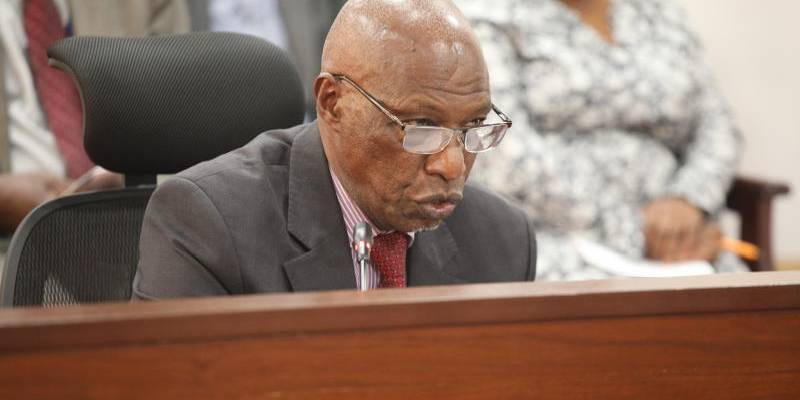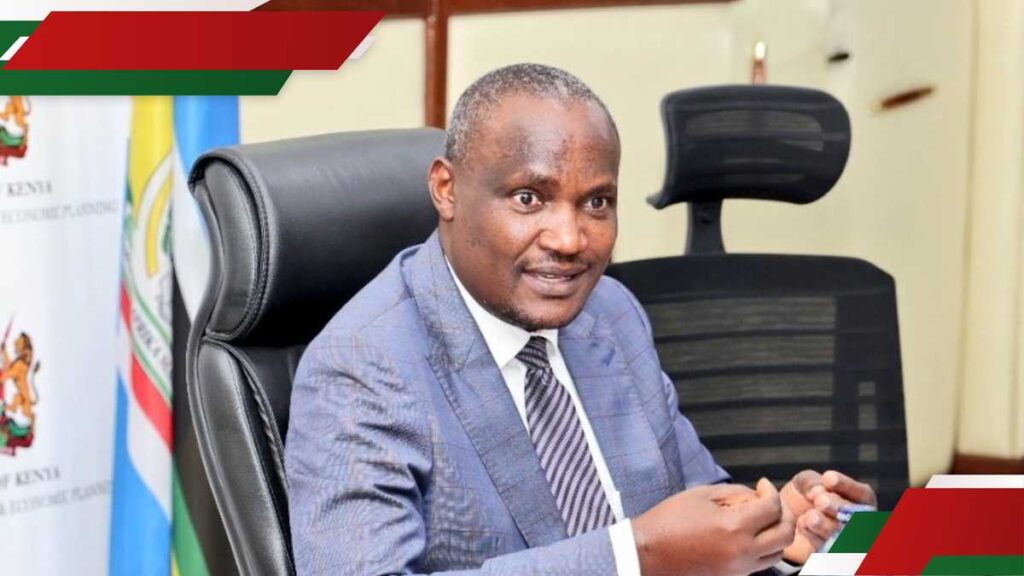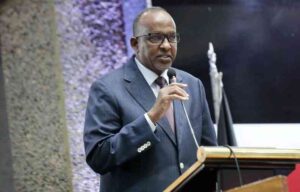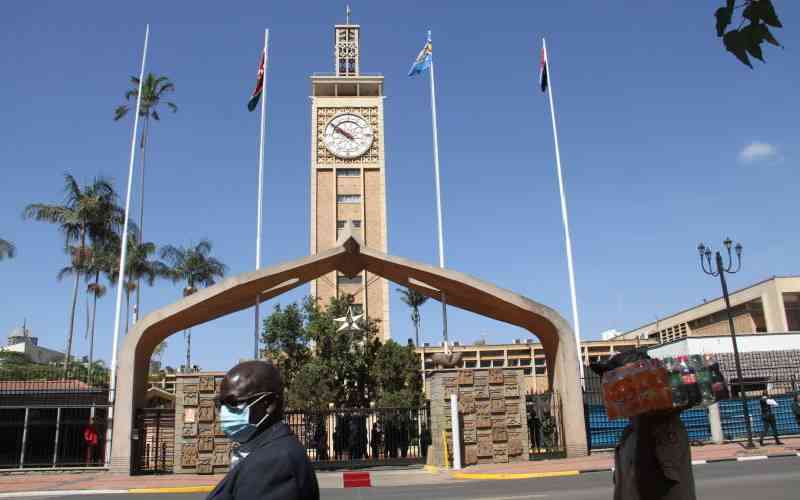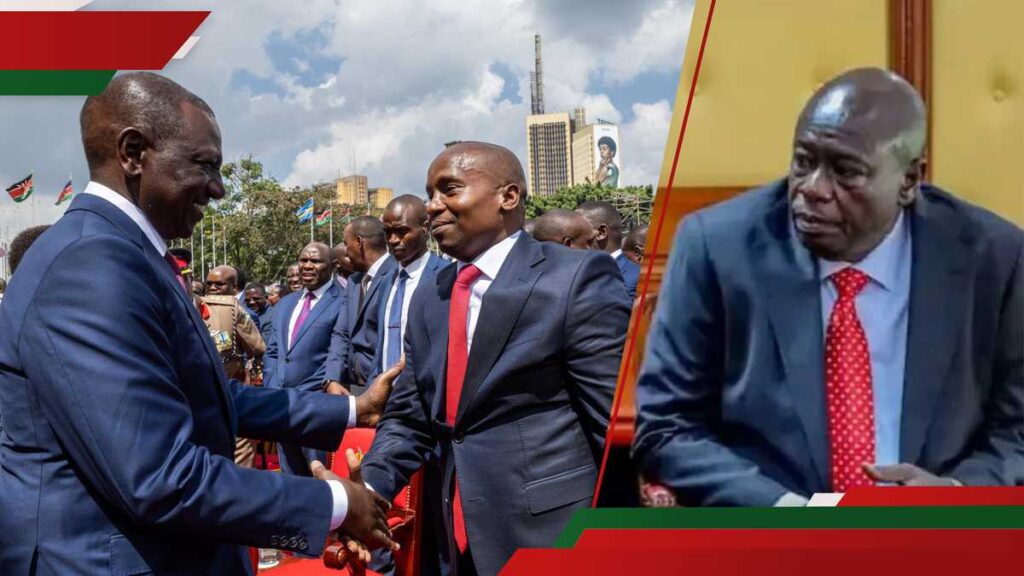Public universities are facing a leadership crisis as Vice Chancellors are being pushed out, suspended, or dragged through drawn-out court battles.
The slippery trend has pushed Vice Chancellors to walk a tightrope trying to steer their institutions forward.
This as they juggle politics, poor funding, and in some instances corruption before they are shown the door.
The University of Nairobi is the most recent and prominent after the ouster of Prof. Stephen Kiama in September 2024, subsequently, the university has been operating without a substantive Vice Chancellor for close to eight months now.
Kiama’s departure followed months of tension with the university council.
While his supporters claimed he was removed to pave the way to plans to lease out university land to private developers, the council insisted it was enforcing institutional discipline.
But the trouble isn’t confined to UoN.
In April, Prof. Paul Wainaina made headlines after being reinstated as Vice Chancellor of Kenyatta University by the Employment and Labour Relations Court marking his second comeback.
His earlier dismissal in 2022 came after he refused to cede part of KU’s land for the construction of a World Health Organization hub.
Then-President Uhuru Kenyatta publicly criticized him, and days later, he was out of office.
KU lecturers and staff protested, saying he was being punished for defending the institution’s autonomy.
His return this year followed yet another controversial decision by the university council to send him on compulsory leave in April 2024.
Wainaina says his removal this time, just like in 2022, was triggered by his refusal to bow to pressure from external forces with vested interests.
“In 2022, I was thrown out for refusing to be compromised. It’s the same thing happening now.” he said when he returned to the institution.
Stay informed. Subscribe to our newsletter
At Maasai Mara University, a corruption scandal exploded in 2019 when a TV exposé dubbed the “Mara Heist” implicated Vice Chancellor Mary Walingo in the misappropriation of Sh177 million.
She was suspended and charged in court alongside four senior staff, accused of irregularly withdrawing public funds over several years.
Although the case is still ongoing, the Public Service Commission ordered her reinstatement in 2022, pending the outcome of the trial.
So too, Moi University has had its share of leadership spoils.
In 2018, acting VC Prof. Laban Ayiro was forced out under pressure from local political leaders who demanded a “son of the soil” be given the job.
This ushered in the appointment of Prof. Isaac Kosgey, who himself was later sent on leave in 2024 after the university was crippled by a 90-day staff strike over unpaid salaries and mounting debts.
The EACC has since launched a probe into financial mismanagement, ghost workers, and irregular hiring at the institution.
Experts say the problem is deeply structural. Prof. Daniel Mugendi, who chairs the Vice Chancellors Committee, says VCs are frequently scapegoated for institutional failures.
“Most universities are financially distressed. The VCs are forced to make unpopular decisions like laying off staff or hiking fees. When they do, they become easy targets,” Mugendi explains.
Former Commission for University Education CEO Prof. David Some adds that tribalism and politics have infected university leadership.
“Appointments are now influenced by ethnic balancing and lobbying. Reforms are often blocked because they threaten powerful interests,” he says.
Former Education PS Prof. James Ole Kiyapi says weak governance is the root cause.
“University councils are often politically appointed. Their loyalty lies elsewhere, not necessarily with the growth of the university,” he notes.








